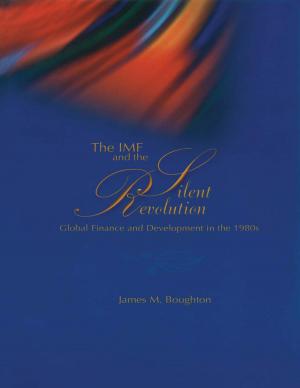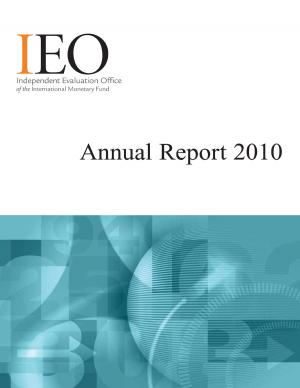Finance & Development, June 2011
Business & Finance, Economics, International Economics, Finance & Investing, Finance| Author: | International Monetary Fund. External Relations Dept. | ISBN: | 9781462351602 |
| Publisher: | INTERNATIONAL MONETARY FUND | Publication: | June 1, 2011 |
| Imprint: | INTERNATIONAL MONETARY FUND | Language: | English |
| Author: | International Monetary Fund. External Relations Dept. |
| ISBN: | 9781462351602 |
| Publisher: | INTERNATIONAL MONETARY FUND |
| Publication: | June 1, 2011 |
| Imprint: | INTERNATIONAL MONETARY FUND |
| Language: | English |
'Wising Up to the Costs of Aging' looks at how falling fertility and rising life expectancy have combined to threaten the ability of many countries to provide a decent standard of living for the old without imposing a crushing burden on the young. In our lead article, Ronald Lee and Andrew Mason say that while population aging in rich industrial countries as well as in some middle- and lower-income countries will challenge public and private budgets in many ways, a combination of reduced consumption, postponed retirement, increased asset holdings, and greater investment in human capital should make it possible to meet this challenge without catastrophic consequences. Neil Howe and Richard Jackson publish a fascinating ranking of which countries are best and worst prepared to meet the needs of the growing wave of retirees. We also have articles on a broad range of current topics, including Middle East unemployment, the economic repercussions of the earthquake and devastating tsunami in Japan, and banking in offshore financial centers such as the Cayman Islands. Carmen Reinhart and Jacob Kirkegaard look at how governments are finding ways to manipulate markets to hold down the cost of financing huge public debts, and, in Straight Talk, the IMF's Min Zhu talks about the long-term challenges now facing emerging markets. Prakash Loungani speaks to Nobel Prize winner George Akerlof, and we discuss with three other laureates-Michael Spence, Joseph Stiglitz, and Robert Solow-what the global economic crisis has taught us. Back to Basics explains economic models, and Picture This highlights the great variations in the cost of sending money back home.
'Wising Up to the Costs of Aging' looks at how falling fertility and rising life expectancy have combined to threaten the ability of many countries to provide a decent standard of living for the old without imposing a crushing burden on the young. In our lead article, Ronald Lee and Andrew Mason say that while population aging in rich industrial countries as well as in some middle- and lower-income countries will challenge public and private budgets in many ways, a combination of reduced consumption, postponed retirement, increased asset holdings, and greater investment in human capital should make it possible to meet this challenge without catastrophic consequences. Neil Howe and Richard Jackson publish a fascinating ranking of which countries are best and worst prepared to meet the needs of the growing wave of retirees. We also have articles on a broad range of current topics, including Middle East unemployment, the economic repercussions of the earthquake and devastating tsunami in Japan, and banking in offshore financial centers such as the Cayman Islands. Carmen Reinhart and Jacob Kirkegaard look at how governments are finding ways to manipulate markets to hold down the cost of financing huge public debts, and, in Straight Talk, the IMF's Min Zhu talks about the long-term challenges now facing emerging markets. Prakash Loungani speaks to Nobel Prize winner George Akerlof, and we discuss with three other laureates-Michael Spence, Joseph Stiglitz, and Robert Solow-what the global economic crisis has taught us. Back to Basics explains economic models, and Picture This highlights the great variations in the cost of sending money back home.















